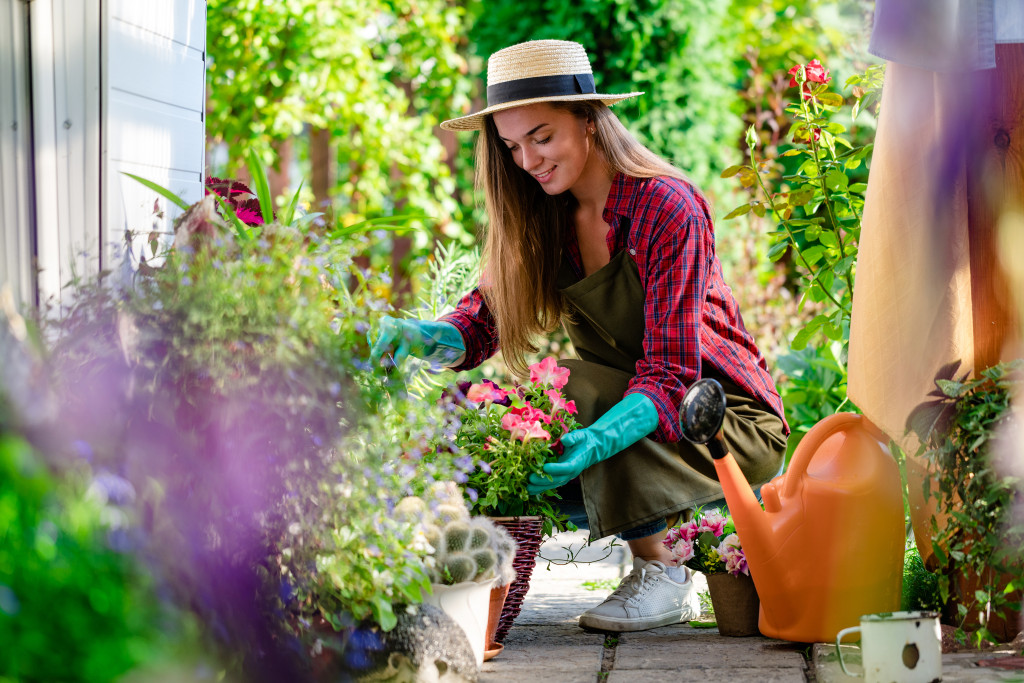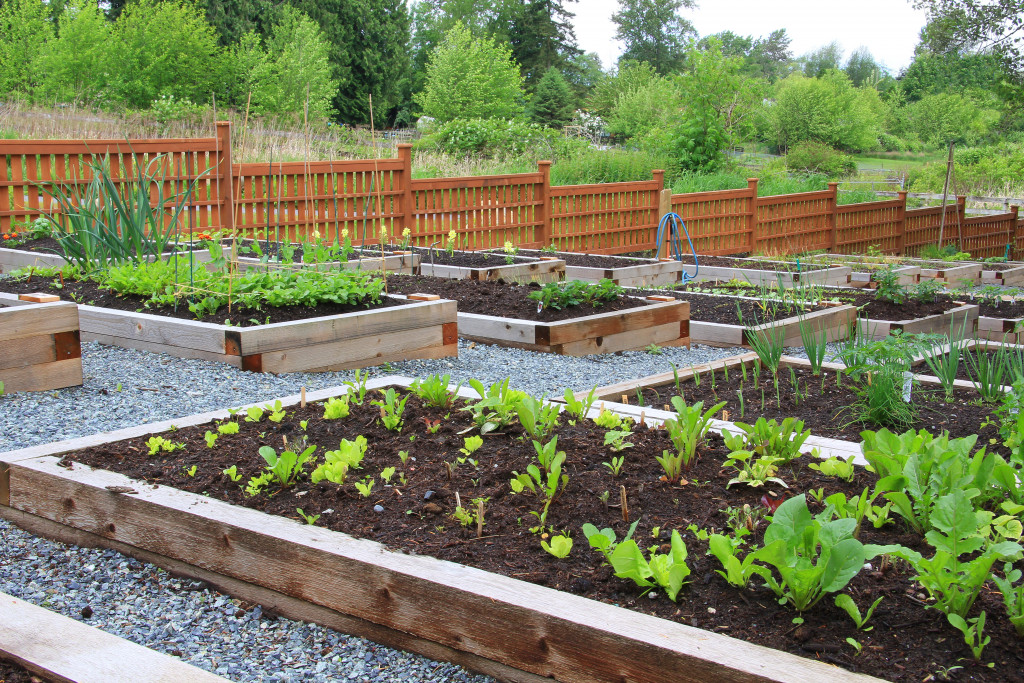The pandemic has forced people to reassess their relationship with their homes. A place that was once an escape from the stresses of the outside world has now become multipurpose. It turned into the office, gym, and daycare centers. Some feel confined within the four walls, especially if they only saw their house as a place to sleep before the next day trip or night out. Whatever their initial beliefs, people are finding ways to cope through the change in lifestyle.
One home activity that’s becoming popular during the pandemic is gardening. Its peaceful but rewarding nature has positive effects on the mind and body. Cheney Creamer from the Canadian Horticultural Therapy Association chalks this up to gardening’s ability to put people in the habit of observation. She says that individuals can understand themselves through gardening because plants reflect human life. They will be reminded that, like their plants, they also need care and attention to grow and bloom to their potential.
Another benefit of gardening is fresh vegetables within easy reach. It helps save money and avoid store-bought crops that might be of dubious quality. There’s also a sense of accomplishment when you see family and friends enjoying the fruits of your labor. You can keep your garden productive and disease-free with the following practices.
Regular pest control is a must
 Insects are resilient, no matter how meticulous a gardener can be in keeping them out. In some cases, standard DIY practices are not enough to keep the pests from returning and treating your vegetable garden planted by your shed like a buffet restaurant. Scheduling regular professional pest control can ensure they won’t come back at all with their experience in handling specific plant vulnerabilities. Having vegetables with bug damage also invites other viruses and bacteria to wreak havoc, as the sickness can transfer rapidly from one row to another.
Insects are resilient, no matter how meticulous a gardener can be in keeping them out. In some cases, standard DIY practices are not enough to keep the pests from returning and treating your vegetable garden planted by your shed like a buffet restaurant. Scheduling regular professional pest control can ensure they won’t come back at all with their experience in handling specific plant vulnerabilities. Having vegetables with bug damage also invites other viruses and bacteria to wreak havoc, as the sickness can transfer rapidly from one row to another.
Invest in quality disease-resistant varieties
If you don’t want to deal with troubleshooting plant diseases, you can always choose the more resilient varieties. They are grown to resist common afflictions that are prevalent in their plant species. As the adage goes, prevention is better than a cure. Be especially mindful when taking home plants from nurseries. Watch out for moldy leaves, insect eggs, and rotted stems because they can introduce problems from the get-go. Your beautiful vegetable garden will turn into a mess with just one careless misstep.
The soil needs food, too
It’s easy to forget that the soil is more than something that keeps the plant’s roots in one place. The soil’s most significant contribution is being the source of a plant’s nutrients as it is full of microorganisms and organic material. That is why a gardener must not neglect to replenish the soil by adding fertilizer, compost, or animal manure. To better understand how the relationship between the soil and your plants, you can check out this guide made by the United States Department of Agriculture (USDA).
Having a beautiful garden that produces healthy vegetables is a source of pride and satisfaction. The health and economic benefits outweigh the hard work and commitment a gardener invests in ensuring their garden is in top shape.











